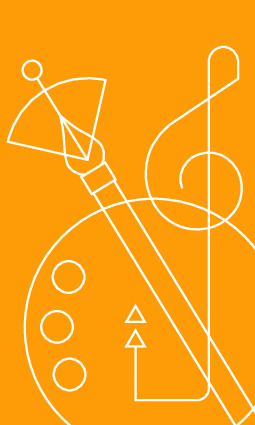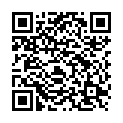|
|
|
| Module code: MAKM-311 |
|
|
4S (4 hours per week) |
|
6 |
| Semester: 3 |
| Mandatory course: no |
Language of instruction:
German |
Assessment:
Written composition, presentation
[updated 24.09.2020]
|
Exam recurrence:
The information regarding exam recurrence is found within the exam policy of the study programme (ASPO).
|
MAKM-311 (P440-0112) Cultural Management, Master, ASPO 01.04.2020
, semester 3, optional course
|
60 class hours (= 45 clock hours) over a 15-week period.
The total student study time is 180 hours (equivalent to 6 ECTS credits).
There are therefore 135 hours available for class preparation and follow-up work and exam preparation.
|
Recommended prerequisites (modules):
None.
|
Recommended as prerequisite for:
|
Module coordinator:
Prof. Dr. Nicole Schwarz |
Lecturer:
Dozierende des Studiengangs
[updated 28.04.2020]
|
Learning outcomes:
After successfully completing this module, students will:
_ be able to apply highly relevant event management concepts and methods, such as process policy, as components in the marketing mix for event management
_ be able to cooperate and evaluate within the framework of project management (project focus/definition, planning, project structuring, prioritization/derivision of analyses, activity planning, implementation, success control)
_ have a theoretical understanding of the unique characteristics of event marketing
_ be able to recognize and evaluate correlations in event management
_ be able to apply basics from process management to the establishment of control processes
_ be able to apply the basics of motivation and teamwork
_ have improved their communication skills through interaction with third parties and group discussions
_ be able to use presentation techniques
[updated 24.09.2020]
|
Module content:
_ Developments and perspectives in event management
_ Event marketing
_ Approaches of modern consumption theory for events
_ Basics of event management
_ Strategic marketing of institutions in the event segment
_ Marketing mix instruments (product, price, communication and distribution policy) in a regional, national and international context
_ Approaches of modern consumption theory in event management
_ Special characteristics of event marketing
_ Strategic marketing of institutions in event marketing
_ Insights into the basics of event management in cultural organizations
_ Analysis and presentation of process and organizational structure issues in organizations active in event management
[updated 24.09.2020]
|
Teaching methods/Media:
_ Seminar
_ Case studies
_ Group work
_ Discussions with fellow students and third parties
_ Presentations and preparation of documentation/papers
[updated 24.09.2020]
|
Recommended or required reading:
Literature will be compiled according to the respective topic. In-depth literature research is required and is an integral part of the course.
Literature examples:
_ Bischof, R., Event-Marketing _ Emotionale Erlebniswelten schaffen, Zielgruppen nachhaltig binden, Berlin: Cornelsen, latest edition.
_ Opaschowski, H.W., Deutschland 2020. Wie wir morgen leben _ Prognosen der Wissenschaft, Wiesbaden: Springer VS, latest edition.
_ Opaschowski, H.W., Freizeitökonomie _ Marketing von Erlebniswelten, Opladen: Leske und Budrich, latest edition.
_ Opaschowski, H.W., Das gekaufte Paradies, Hamburg: Germa Press, latest edition.
_ Schulze, G., Die Erlebnisgesellschaft, Kultursoziologie der Gegenwart, Frankfurt: Campus Verlag, latest edition.
_ Steinecke, A. (Hrsg.), Erlebnis- und Konsumwelten, München: Oldenbourg, latest edition.
[updated 24.09.2020]
|


